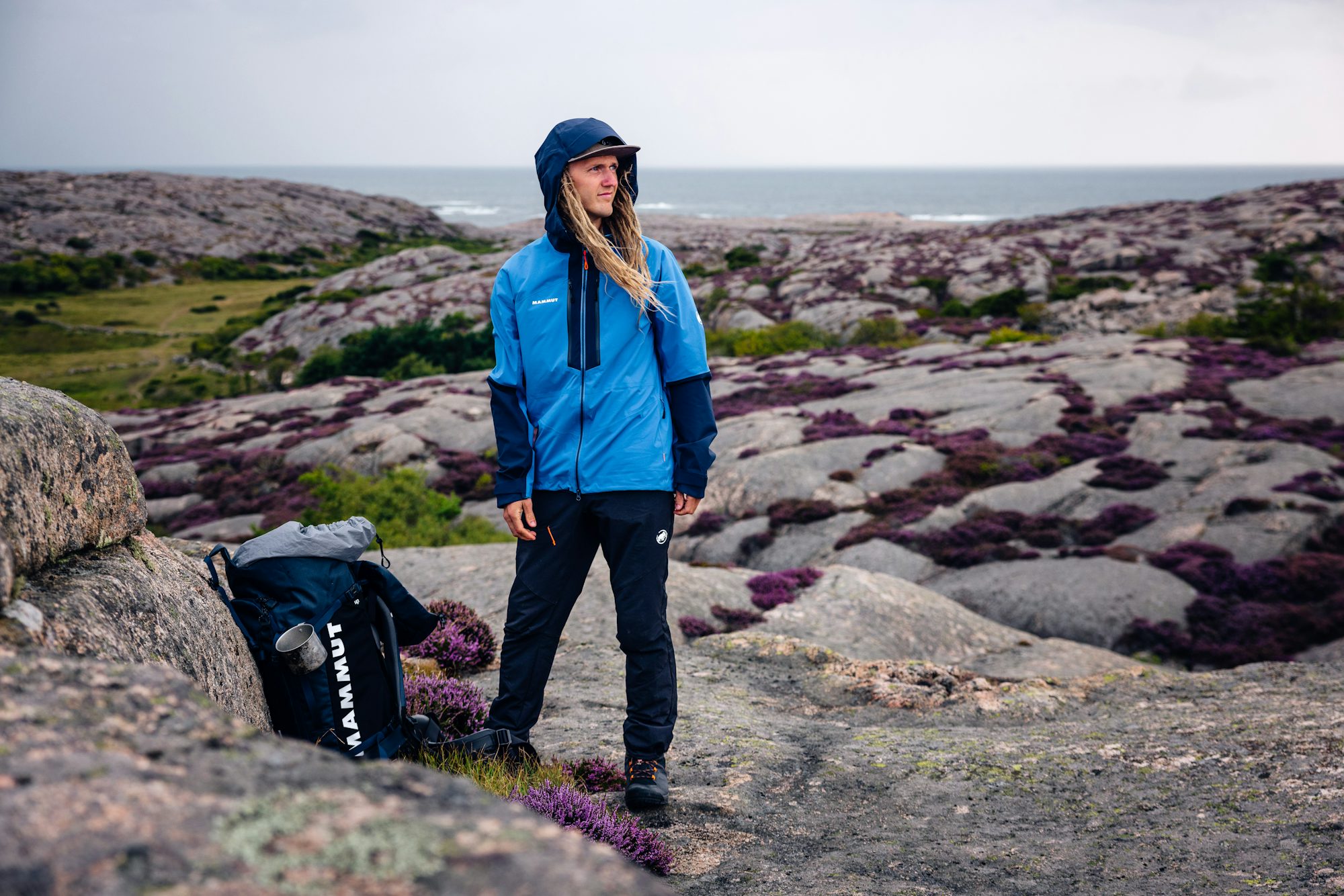
The Allure of RV Camping
What sets RV camping apart is the unique blend of comfort and adventure it offers. Travelers can wake up to breathtaking views right outside their window, cook meals in a fully-equipped kitchen, and enjoy amenities like air conditioning and bathrooms. This combination allows campers to explore remote destinations without sacrificing the comforts of home, making it ideal for both seasoned campers and newcomers.
Choosing the Right RV
Selecting the perfect RV is crucial for a successful camping experience. There are several types of RVs to consider, each catering to different needs and preferences.
1. Class A Motorhomes: These are large, bus-like vehicles that provide plenty of living space and luxurious amenities. They are perfect for families or groups looking for maximum comfort.
2. Class B Motorhomes: Also known as camper vans, these are smaller and more maneuverable, making them ideal for couples or solo travelers. They are easier to park and drive, especially in urban settings.
3. Class C Motorhomes: These are mid-sized RVs that offer a good balance between space and drivability. They typically feature a bed over the cab, providing extra sleeping space.
4. Travel Trailers: Towed by a vehicle, these trailers come in various sizes and layouts. They offer flexibility since you can detach the trailer and use your vehicle for exploration.
5. Fifth-Wheel Trailers: Similar to travel trailers, but designed to be towed by a pickup truck, these provide spacious interiors and are popular among families.
When choosing an RV, consider factors such as the number of people traveling, desired amenities, and your budget. Renting an RV for the first trip can be a great way to test the waters before making a purchase.
Planning Your RV Trip
Once you have your RV ready, the next step is planning your trip. Start by choosing a destination that suits your interests, whether it’s a national park, a scenic coastline, or a vibrant city. Research campgrounds that accommodate RVs, ensuring they provide necessary amenities such as hookups for electricity, water, and sewage.
Create a travel itinerary that balances driving time with time spent exploring. It's important to plan for breaks during long drives to rest and stretch, especially when traveling with children. Additionally, consider the time of year and the weather conditions, as these can significantly impact your RV experience.
Packing Essentials for RV Camping
Packing for RV camping is different from traditional tent camping. While you have more storage space, it's still essential to be organized. Start with the basics:
- Bedding and Towels: Bring sheets, blankets, and towels for everyone.
- Kitchen Supplies: Stock your RV kitchen with pots, pans, utensils, and non-perishable food items. Don't forget the essentials like plates, cups, and cutlery.
- Clothing: Pack clothing suitable for the weather and activities planned, including comfortable shoes for hiking and layers for cooler evenings.
- Outdoor Gear: Bring along camping chairs, a portable table, and outdoor games to enjoy around the campsite.
- Safety Equipment: A first aid kit, fire extinguisher, and basic tools are essential for any RV adventure.
Making the Most of Your RV Experience
One of the joys of RV camping is the opportunity to connect with nature and enjoy various outdoor activities. Here are some ideas to enhance your experience:
- Explore the Outdoors: Take advantage of hiking trails, fishing spots, and scenic drives. Many national parks have RV-friendly campgrounds that offer easy access to nature.
- Visit Local Attractions: Research local attractions, such as museums, historical sites, or unique eateries. Exploring nearby towns can add excitement to your trip.
- Engage in Community Events: Many campgrounds host events such as potlucks, movie nights, or guided tours. Participating can help you meet fellow campers and create a sense of community.
- Stargazing: One of the benefits of being in nature is the stunning night skies. Bring a telescope or simply lay back and enjoy the stars, away from city lights.
Maintaining Your RV
Proper maintenance is key to enjoying a hassle-free RV camping experience. Before hitting the road, conduct a thorough inspection of your RV, checking the tires, brakes, and fluid levels. It’s also wise to familiarize yourself with your RV’s systems, including electrical, plumbing, and propane.
During your trip, keep an eye on your water and waste levels, and ensure that you know how to operate the RV’s various features. Familiarize yourself with the campground’s rules regarding waste disposal and recycling to maintain cleanliness and respect for nature.
Conclusion
RV camping offers a unique blend of adventure and comfort, making it a favorite choice for many outdoor enthusiasts. By selecting the right vehicle, planning thoughtfully, and embracing the journey, you can create unforgettable memories on the open road. Whether you’re exploring national parks, visiting new cities, or simply enjoying the beauty of nature, RV camping invites you to experience the great outdoors in a whole new way. So gather your gear, hit the road, and discover the joys that await you on your RV adventure.